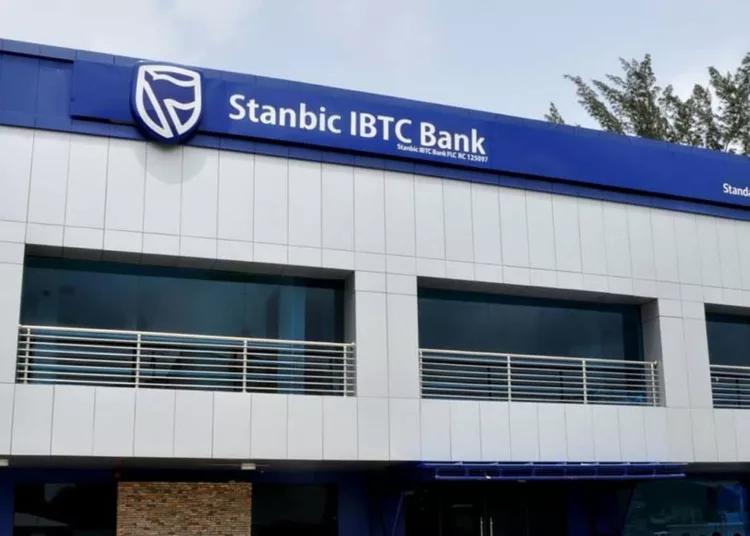Data released by Stanbic IBTC Bank in its Purchasing Managers’ Index (PMI) showed that the private sector recorded slowdowns in growth of output and new orders as a result of subdued demand and intense price pressures.
The headline PMI registered only fractionally above the 50.0 no- change mark in June to signal broadly unchanged business conditions at the end of the second quarter. At 50.1, the index was down from 52.1 in May and the lowest in seven months.
It was disclosed that there were signs of inflationary pressures picking up, with purchase prices, staff costs and selling charges all increasing more quickly than in May.
The report noted that “although new orders continued to rise in June, the rate of expansion was only marginal and the weakest in the current seven-month period of growth. There were some reports of underlying demand improving, but sharp price rises meant that customers faced challenges being able to commit to new projects
“Companies increased their selling prices rapidly again in June, with the pace of inflation quickening slightly from that seen in May.”
Head of Equity Research West Africa at Stanbic IBTC Bank, Muyiwa Oni said that “the Stanbic IBTC headline PMI dropped to a seven-month low of 50.1 points in June from 52.1 in May due to moderation in domestic demand amid the intensification of price pressures, leading to slowdowns in growth of output and new orders.
Oni pointed out that “notably, new orders recorded a near-stagnation as new business increased only marginally and at the slowest pace in the current seven-month sequence of expansion. Besides, financial challenges at customers reportedly limited the ability of firms to fully benefit from any improvement in underlying demand.
“In line with the picture for new orders, output rose at a slower pace during June, settling at its weakest level in four months. Meanwhile, the rate of inflation in overall input prices remained elevated in June, ticking higher for the second month running to the strongest since March.”
He stated further that “close to 60 per cent of respondents posted a rise in input costs during the month. In line with the trend in input costs, companies increased their own selling prices sharply again in June.
The pace of inflation quickened slightly from that seen in May.”
Oni explained that “Nigeria’s private sector activity as measured by the headline PMI ended Q2, 2024 on a weak note as the domestic economy continues to be affected by elevated price pressures, high interest rates and lingering currency weakness.
“The PMI reading in the quarter is consistent with a likely slowdown in the non-oil sector’s growth to 2.6 per cent year-on-year in Q2, 2024 from 2.8 per cent Y-o-Y in Q1, 2024. Nonetheless, headline inflation is likely to peak in June, with moderation expected in H2, 2024 as the year-on-year effects of PMS subsidy removal (which induced higher fuel prices) and significant currency depreciation (which accompanied the FX unification) fade. This, in addition to the commencement of the primary harvest season in September, is likely to provide some respite for consumers in H2:24.”





